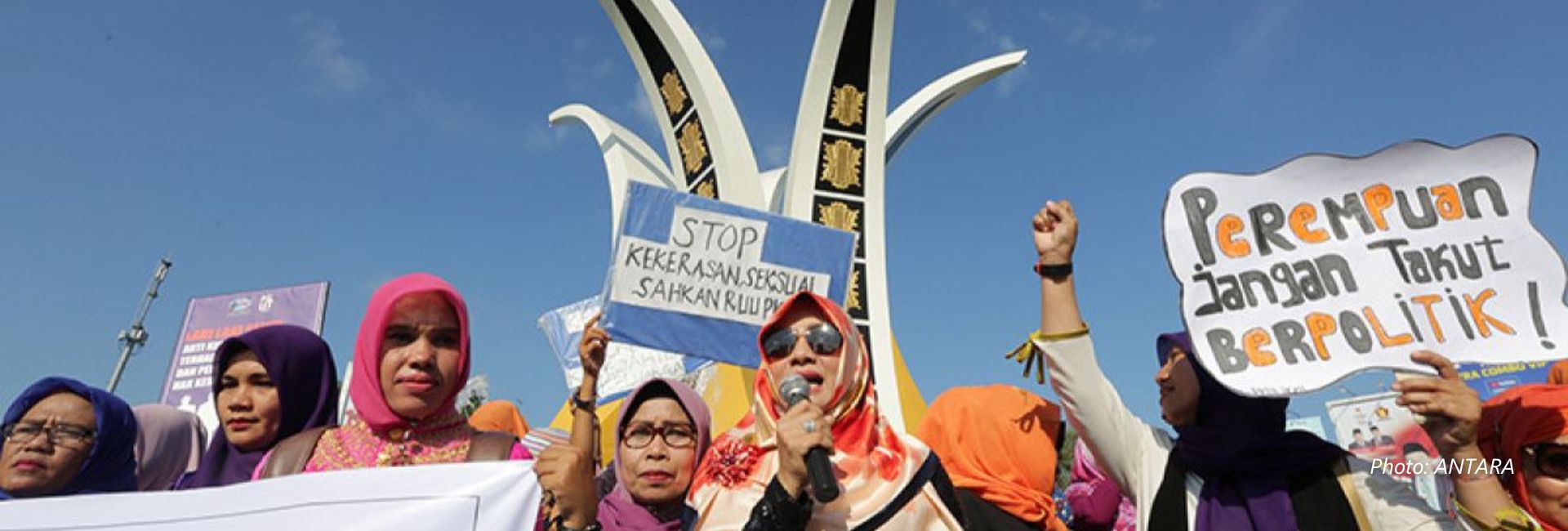Civil society organizations (CSOs) play a pivotal role in championing the rights of vulnerable groups. By ensuring that the voices of these groups are integrated into policymaking, CSOs contribute significantly to the creation of inclusive public policies.
Establishing effective collaborations with provincial government is a strategic move for CSOs. These partnerships can greatly enhance public participation in the decision-making processes, particularly in planning and budgeting.
Despite their strategic role, CSOs often face constraints related to organizational capacity and sustainability. Limited resources, both financial and human, pose significant challenges for CSOs in advocating for inclusive planning and budgeting (OECD, 2020).
CSOs need sustained support and investment to strengthen their capacities and forge partnerships with government and other CSOs. Through capacity building and increased participation of CSOs in inclusive planning and budgeting, we can foster a more equitable and sustainable community.
With support from Sinergi dan Kolaborasi untuk Akselerasi Layanan Dasar (SKALA), SMERU undertakes a baseline study to understand multi-stakeholder collaboration for mainstreaming gender equality, disability, and social inclusion (GEDSI) in Indonesia. The study measures the level of trust and confidence among representatives of GEDSI-focused CSOs, general CSOs, and provincial governments in local planning and budgeting processes.
This baseline study has three objectives:
- Conducts an initial assessment of CSO capacity, including identifying existing resources (financial and non-financial); pinpointing technical capacity gaps; and evaluating CSOs’ relational, engagement, and networking strengths
- Examines the levels of trust and confidence between representatives of GEDSI-focused CSOs and provincial governments in planning and budgeting processes. Such data is instrumental in forecasting the success of future collaborative endeavors between the two sides.
- Generates evidence to improve future strategies of CSOs focusing on GEDSI issues within the SKALA partnership framework (based on empirical findings from the two objectives above). We analyze the factors facilitating and hindering effective collaboration and trust-building, based on perceptions, concerns, and expectations from CSOs and provincial governments
This study employs a mixed-methods approach, combining qualitative and quantitative methods. The qualitative approach focuses on analyzing the capacity of CSOs and their advocacy efforts with the government to mainstream GEDSI into planning and budgeting processes. Meanwhile, the quantitative approach serves to establish a baseline for understanding the current state of mutuality between CSOs and the government.




